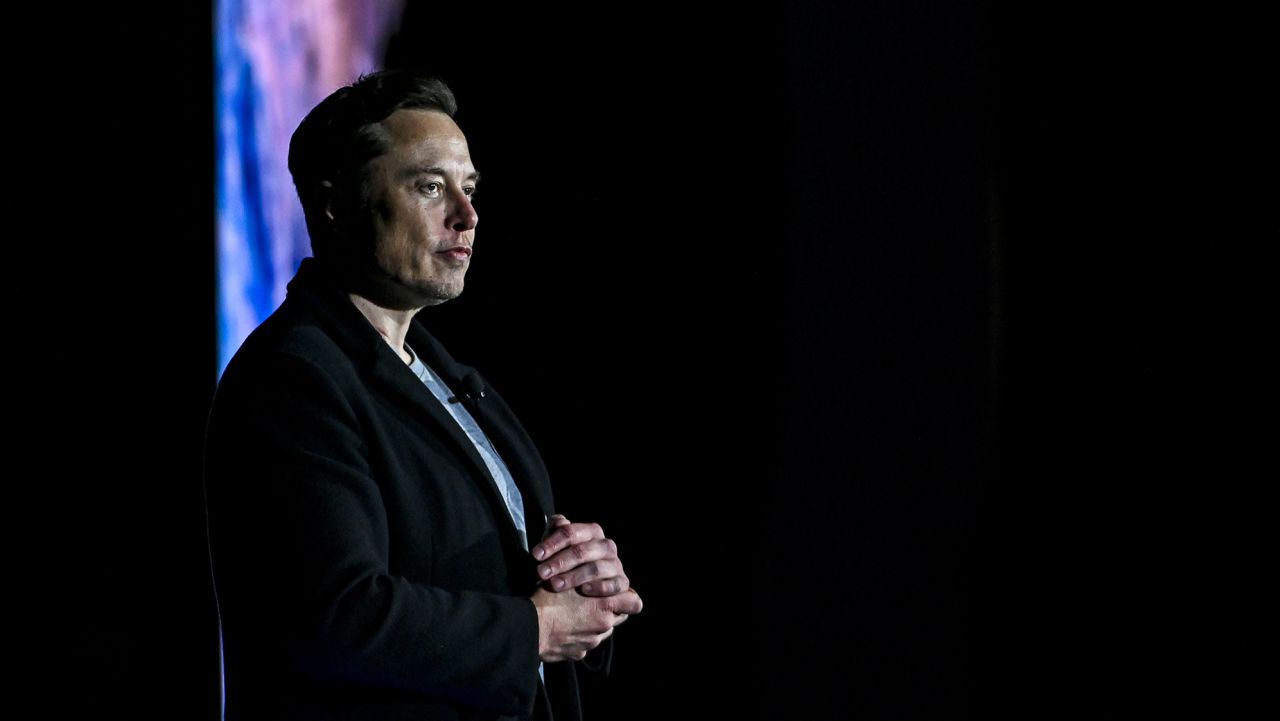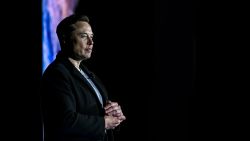Elon Musk’s lawyers repeatedly referenced claims from a Twitter whistleblower in court on Wednesday, in an early preview of how the billionaire’s side might use the new allegations in his legal battle with the social media company over their $44 billion acquisition agreement.
The hearing, which was focused on how much information Twitter (TWTR) should have to provide to Musk’s legal team about user counts and spam bot measurements, came one day after a stunning whistleblower disclosure by former Twitter (TWTR) head of security Peiter “Mudge” Zatko. In the disclosure, first reported Tuesday by CNN and the Washington Post, Zatko alleges that Twitter (TWTR) is rife with security and privacy vulnerabilities and claims that executives have misled Musk and the public about the prevalence of fake and spam bot accounts on its platform. Twitter (TWTR) has broadly defended itself and criticized Zatko’s allegations.
Musk lawyer Alex Spiro suggested during the hearing that the billionaire’s team does not trust Twitter’s estimate for spam accounts and monetizable daily active users (mDAU), a key metric it provides to investors, and said Musk’s team is requesting information that would allow them to test the measurements. He said the requests include information related to the inputs that Twitter’s human reviewers consider when determining whether an account is a bot, how the company measures mDAU, and information about the engagement levels of mDAU accounts.
“They have an economic incentive to mislead,” Spiro said. “There’s a whistleblower complaint that has now been filed publicly that talks about the false information provided.”
At another point, Musk’s lawyer referred to Zatko’s claim that Twitter executives “had no appetite to properly measure bots.”
Twitter has said Zatko was fired in January for “ineffective leadership and poor performance.” In a statement Tuesday, a Twitter spokesperson said Zatko’s disclosure contains “inconsistencies and inaccuracies” and that “security and privacy have long been company-wide priorities at Twitter and will continue to be.”
After initially saying he wanted to buy Twitter (TWTR) to “defeat” spam bots, Musk last month moved to terminate the acquisition, alleging that the company has misrepresented the number of bots on its platform and failed to hand over the data he says is necessary to evaluate the issue. Twitter (TWTR) sued Musk, accusing him of using bots as a pretext to exit a deal over which he now has buyer’s remorse, and asking a court to compel him to complete the agreement. The case is set to go to trial in Delaware Chancery Court in October.
On Tuesday, following reporting on Zatko’s disclosure, Spiro confirmed that Musk’s team had previously subpoenaed Zatko for information related to his time at the company and his departure. During Wednesday’s hearing, Spiro suggested that Twitter had pushed back on their requests related to Zatko.
“They said, ‘No, he’s not relevant, he had no involvement in Twitter’s efforts to mitigate spam,’” Spiro said. “Now we know that that was not true.”
Twitter has maintained that the count of spam bots is irrelevant to the deal because Musk signed a binding acquisition contract that did not include any bot-related exceptions. The company’s lawyer repeated that claim Wednesday, and also pointed to a disclaimer included in Twitter’s regulatory filings that its spam bot count, which it has long said amounts to less than 5% of mDAU, is an estimate reliant on significant judgment and that the real number may be higher.
“If two people look at the same data and come to different numbers, that doesn’t mean that the first person was wrong or that Twitter has fraudulently misled the public,” Twitter lawyer Bradley Wilson said during the hearing.
Wilson said Twitter has agreed to provide information, including data from the Twitter firehose up to the date of Musk’s deal termination letter, board and executive communications about mDAU, its training materials for human reviewers who look for spam, communications with advertisers about the importance of mDAU, and other information. But, he said, complying with Musk’s team’s additional requests would be unduly burdensome for the company because it does not preserve the data that auditors of its spam estimation review, requiring the company to conduct new searches of millions of data points. He also said there are privacy and competitive concerns, given Musk’s suggestions that he might start a competing platform if he is able to exit the Twitter deal.
“I think it’s important to keep in mind the person who we are being asked to hand the data over to,” Wilson said.
After a 90-minute hearing, Kathaleen McCormick, chancellor of the Delaware Chancery Court and the judge who is overseeing the case, said she would consider each side’s argument and come to a decision about the discovery dispute at a later date.

























